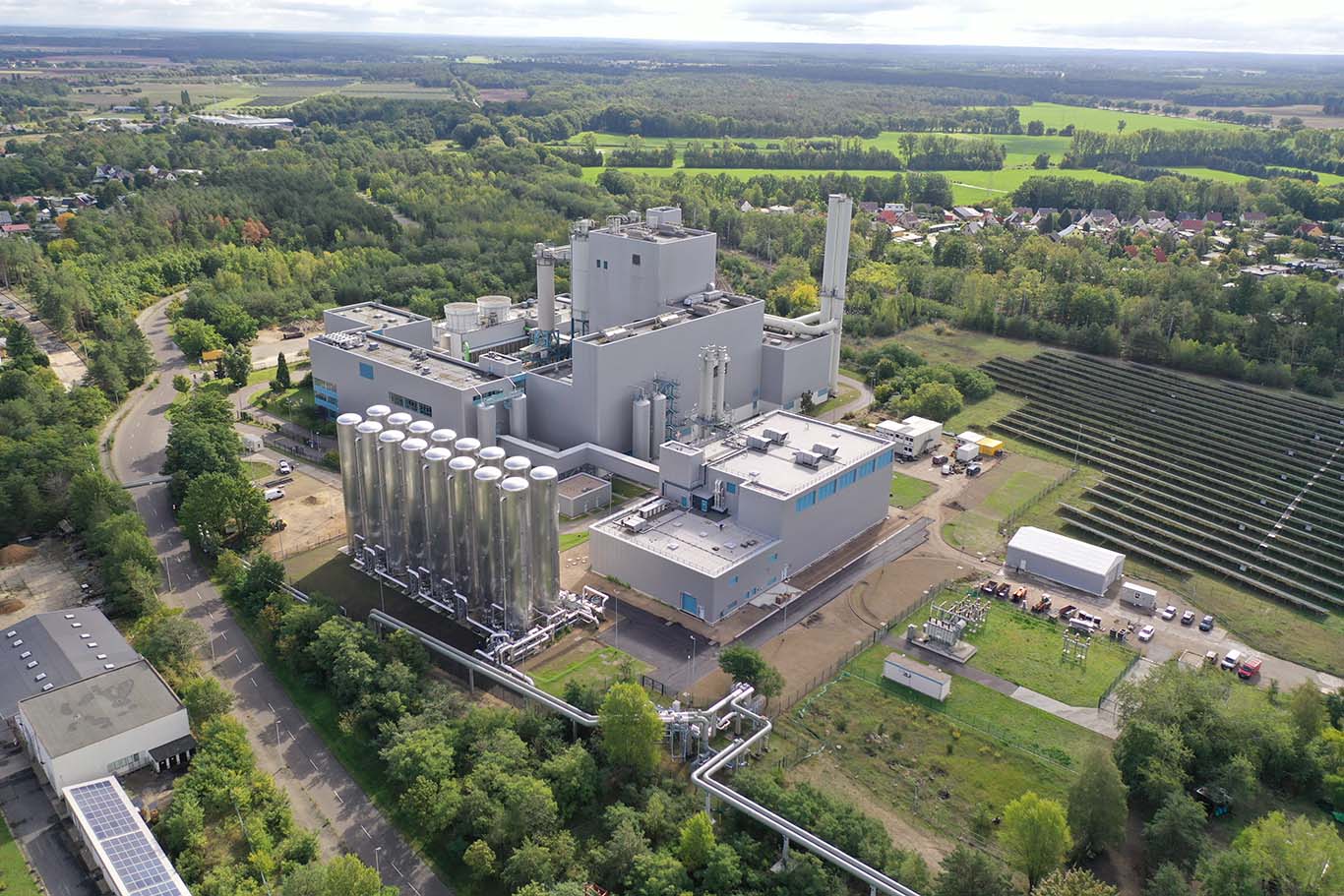The planned phase-out of coal by 2038 not only makes an important contribution to reducing CO2 emissions, it also has a direct impact on the heat supply. Power plants that still provide district and process heat today will no longer be available in the foreseeable future and will have to be replaced by climate-neutral technologies.
Large-scale heat pumps (LSHP) and high-temperature heat pumps (HTHP) could take over this task in the future. As a basic technology that lays the foundation for the integration of renewable energies, they play a central role in the energy transition.
Numerous obstacles still hamper the dissemination of the technology and prevent penetration of the technology market. LSGPs have comparatively long payback periods, making them only conditionally competitive from an economic perspective. In addition, there is a lack of well-founded knowledge and experience regarding the economic application potentials.
From a technical point of view, providing heat at the required high temperature levels while maintaining high performance and efficiency is still a challenge. In order to meet the growing demands, it is necessary to consider the further development of the technology and the refrigerants to be used.
